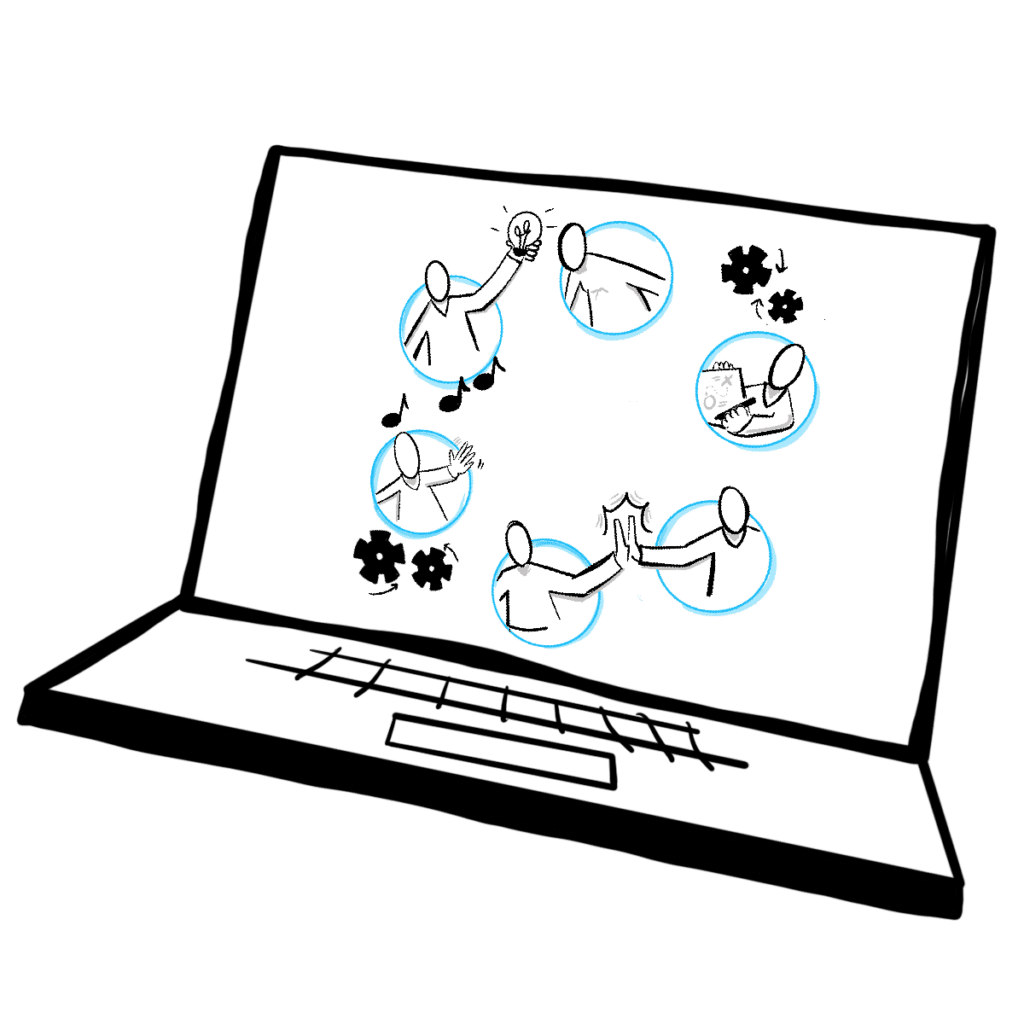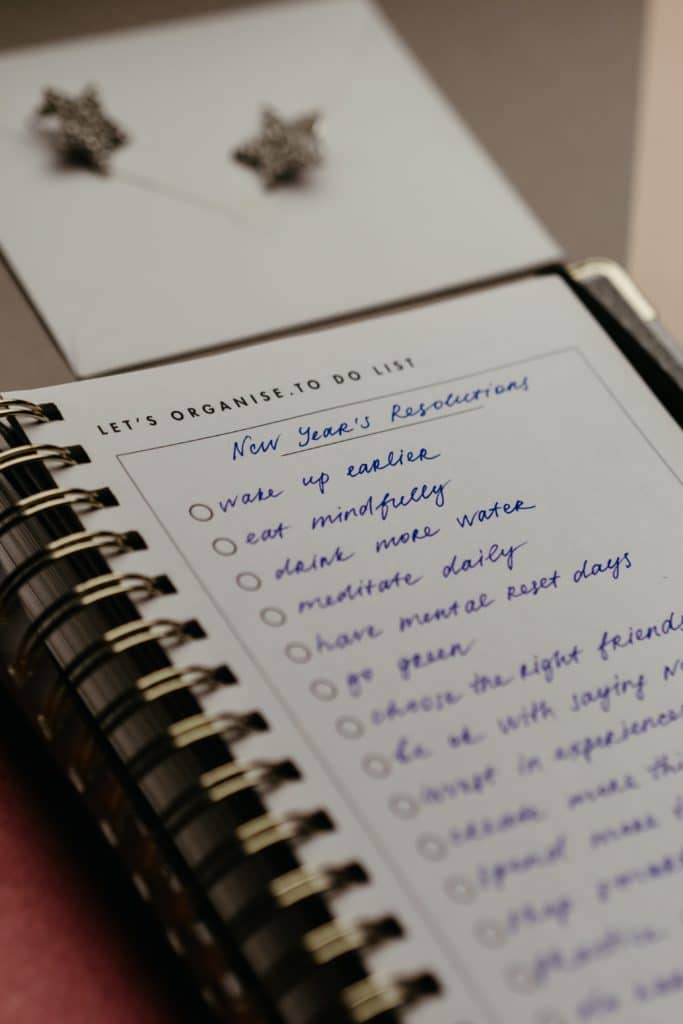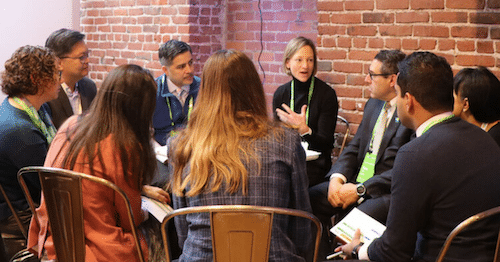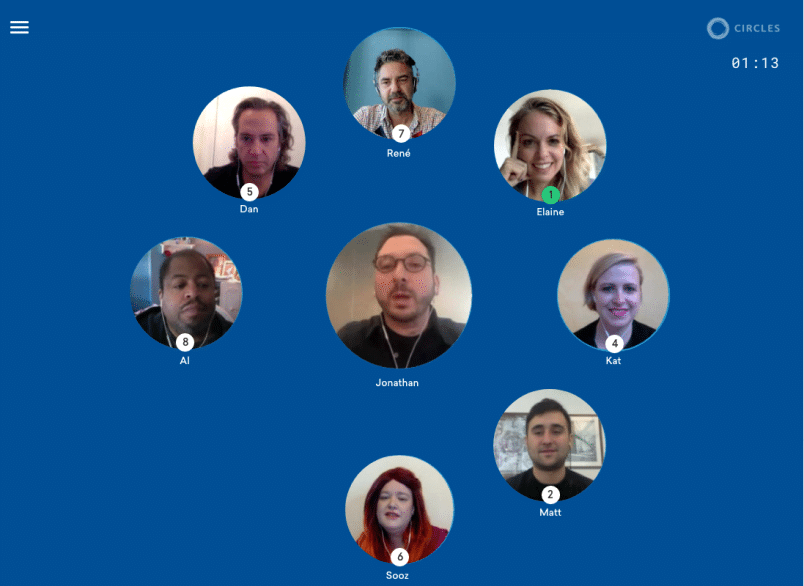Union Square Ventures is a New York based venture capital firm that believes the best way to support their portfolio is by helping them learn and connect with each other. In addition to broadening access to content and community, their team has focused on building strong, trusted leadership networks across their portfolio of 115 active companies around the world. Their Network Lead, Lauren Young noted: “our team’s primary focus is to help our companies build better businesses. One way we do this is by increasing the speed of knowledge shared across the network.
“USV as a firm believes that we are not the experts in the room; rather, leveraging and building upon network effects can be one of the most impactful ways to build successful companies.”
USV as a firm believes that we are not the experts in the room; rather, leveraging and building upon the collective knowledge within our ecosystem can be one of the most impactful ways to help our companies build successful businesses.” Because of Lauren and her team’s proximity to the intense realities facing leaders of growing companies, they continually see the need to keep company leaders connected. “Building a company can be very hard, and today, the pace and intensity of growth and problem solving is never-ending. That’s why we seek out new ways to provide a trusted environment for senior leaders, executives, and founders in our portfolio to connect with industry peers.”

In the fall of 2021, as part of their ongoing efforts to connect leaders across companies, USV in partnership with Circl.es customized a version of Circl.es Foundations; a six -session journey of 90-minute sessions facilitated in curated small groups. Lauren explains how it fits a specific need in their broader learning and development curriculum: “Partnering with Circl.es has enabled us to provide a new layer of support: small group peer connectivity. Over the years, we’ve been asked by countless portfolio leaders for access to a space where they can ask questions and connect with others who are facing similar challenges. The foundation of this program was built from their feedback.”
“Partnering with Circl.es has enabled us to provide the exact layer of support we wanted– which was small group peer connectivity.”
Based on participant feedback, they have focused on two sorting criteria: department and seniority level. “Enabling participants to meet leaders who not only have the same functional expertise, but who are also facing similar leadership opportunities, increases the chances for them to develop stronger, more fruitful relationships.” Lauren shared that one of the reasons they’ve partnered with Circles is to enable the executives in their network to really build a personal advisory board that they can turn to when they’re facing a challenge. Participants validated the importance of the peer element, with quotes like “I’m able to get perspectives on real time issues from peers” and “it’s great to have a place where I can be vulnerable with peers.”
Across the board, Circl.es Foundations yielded a fantastic response from USV participants: 100% of respondents would recommend the experience to a colleague. Overall, the feedback overwhelmingly validated the need for peer small groups in order to lead in the current climate. As one participant shared: “Being able to have a deep-dive session on problem-solving, and having it facilitated through a discussion broken up by certain themes, was very useful.” Participant Emily Bunin–Senior Controller at Kickstarter–shared that “transitioning into leadership as a professional can be challenging, and lonely at times. My USV circle provides a safe and supportive environment for me to face my fears, practice vulnerability, and remember that I’m not alone.” At Dwolla, Director of Finance Alicia Eichmeier mentioned that “it’s great to have a place where I can be vulnerable with peers” and Operations VP Jackie Ward said “it pushes me outside my comfort zone.”
“Transitioning into leadership as a professional can be challenging, and lonely at times. My USV circle provides a safe and supportive environment for me to face my fears, practice vulnerability, and remember that I’m not alone.”
Looking ahead, Lauren plans to continue to integrate participant feedback as well as the overall needs of the portfolio into this program. “Understanding our portfolio’s needs is critical to understanding where we, as a firm, can provide the strongest value proposition for them.” She appreciated the emphasis on strong facilitation, leadership-specific content and peer-led development that Circl.es has prioritized in their product and platform. Together, USV and the Circl.es team will add a layer of social learning into the fabric of the USV Network in 2022, forming new Leadership Squads each quarter, and providing peer learning & growth in a scalable format that reaches leaders one circle at a time.




